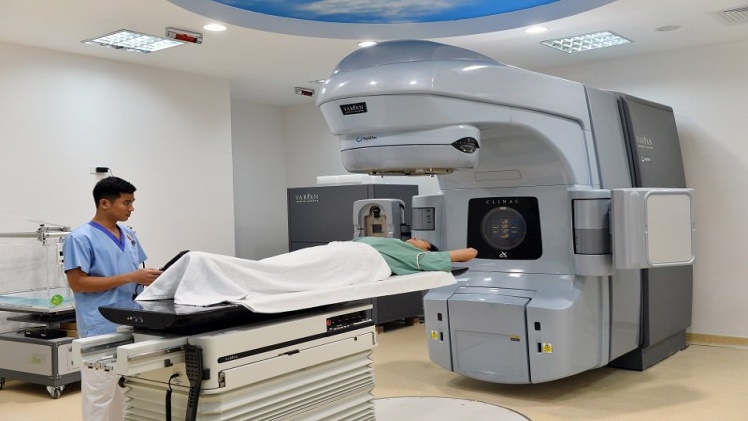Medical imaging jobs are in high demand in Vermont. Hospitals and other healthcare providers rely on the expertise of medical imaging professionals to diagnose, monitor, and treat patients. In this blog post, we’ll explore the requirements for a medical imaging job, as well as the compensation and career opportunities available.
Educational Requirements for Medical Imaging Jobs
The most common educational requirement for medical imaging jobs is a Bachelor’s degree in Radiologic Technology or a related field such as medical technology or ultrasound technology. Some employers may also require certifications from organizations such as the American Registry of Diagnostic Medical Sonographers (ARDMS) or the American Society of Radiologic Technologists (ASRT).
Compensation and Career Opportunities
Medical imaging jobs in Vermont typically have higher salaries than similar positions elsewhere in the U.S., with an average annual salary of $61,000 according to data from the Bureau of Labor Statistics. As with all healthcare careers, there are many potential advancement opportunities for those who pursue additional education or certification. With experience comes greater responsibility, higher pay, and more opportunities to specialize within certain areas of medical imaging.
In addition to hospitals and other healthcare facilities, there are also many private practices that offer medical imaging services in Vermont. These positions often provide more flexibility than those found at larger institutions, allowing professionals to choose their own hours and take on extra shifts if desired. Additionally, private practices may offer higher salaries due to their smaller size and lower overhead costs.
Conclusion
Medical imaging jobs in Vermont offer healthcare professionals excellent compensation, career opportunities, and flexible work schedules. To become qualified for these positions requires a Bachelor’s degree in Radiologic Technology or a related field such as ultrasound technology or medical technology. Certification from organizations such as ARDMS or ASRT may also be required by some employers. Those with experience may find even greater opportunity within certain specialty areas such as radiology technician or sonographer roles at larger hospitals or private practices where flexible hours are available. With so much potential for growth and advancement within the field of medical imaging, it’s no wonder why these jobs are so highly sought after today.

